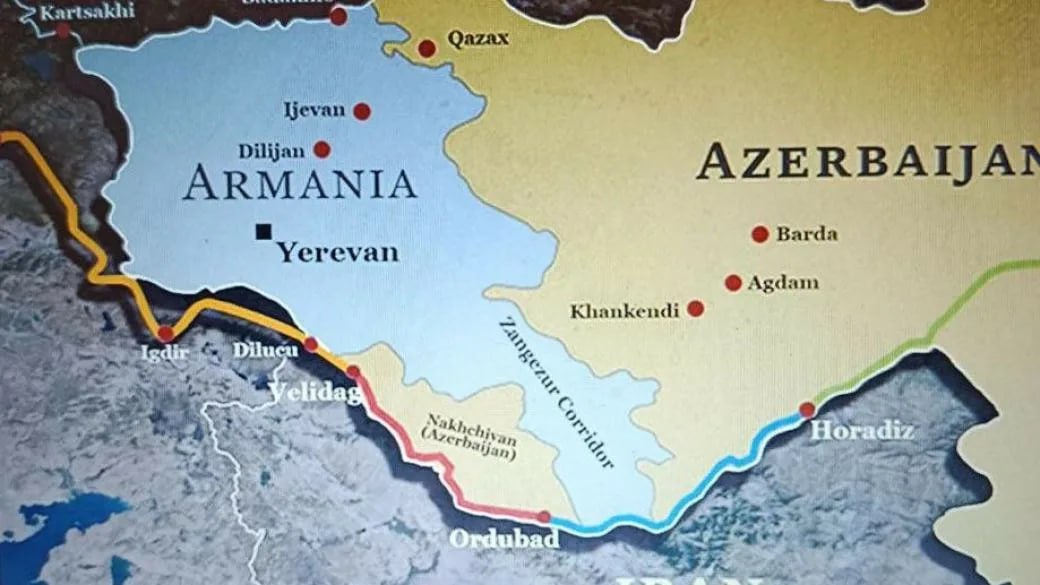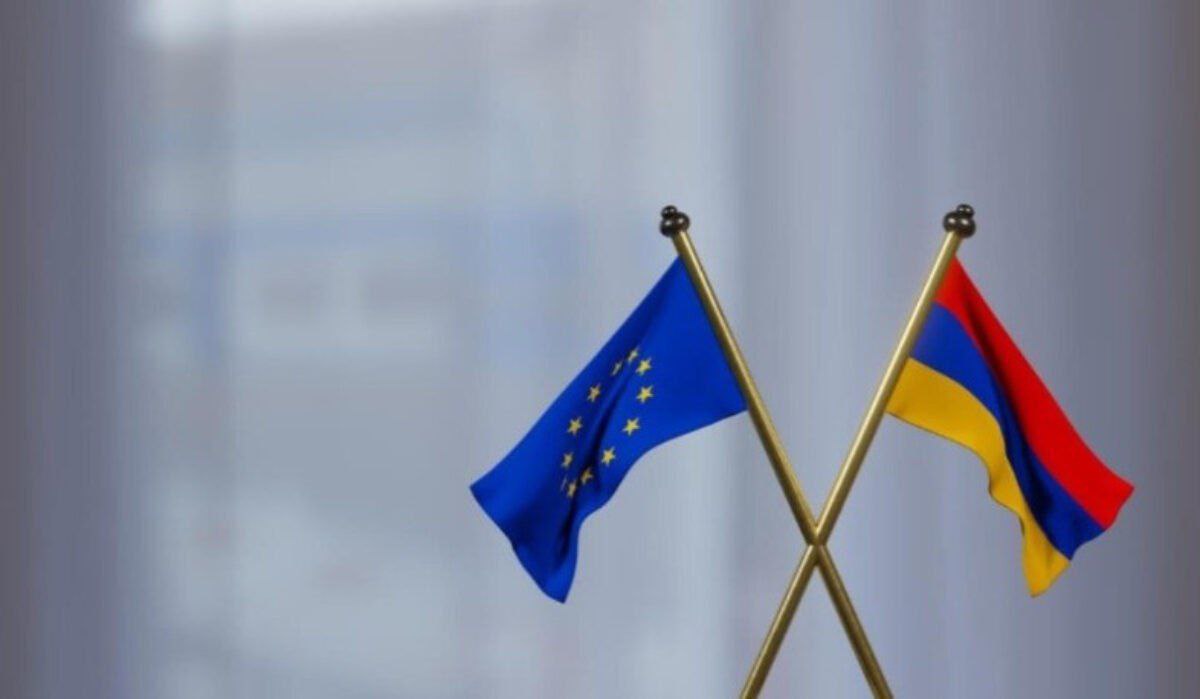Russia has stated its readiness to consider joining the TRIPP project (the transport corridor between Armenia and Azerbaijan). Russian Foreign Ministry spokesperson Maria Zakharova announced at a briefing that Moscow is interested in participating and is prepared to offer Russian Railways' expertise for the project's implementation.

Against the backdrop of the abrupt termination of American support for independent media in Europe and Central Asia and the strengthening of Russian propaganda, the international human rights organization Reporters Without Borders (RBG) published its annual press freedom rating. It is based on five indicators: political context, legal basis, economic environment for mass media, socio-cultural context and security.
"Freedom of speech in the world is at a historically low level," lament the compilers of the rating. As the reasons for this tendency, they note the unstable situation in the security sphere, growing authoritarianism and economic pressure.
The unprecedented crisis affected, among others, the countries of the South Caucasus, in particular, Georgia, Azerbaijan and Armenia.
Thus, in Georgia, which ranked 114th out of 180 countries in the RBG World Press Freedom Index for 2024, the advertising market is controlled by the founder of the right-wing party, oligarch Bidzina Ivanishvili. The situation is exacerbated by a number of repressive initiatives adopted by "Georgian Dream". First of all, we are talking about the law on "foreign influence", which blocks foreign sources of financing. In addition, amendments were introduced to the Law "On Broadcasting". The first package of amendments prohibited direct and indirect foreign financing of TV and radio channels, and this even affected social advertising. The second part of the amendments established standards for content on the air, as well as on the websites of television and radio companies and their pages in social networks. Also, the ruling party announced plans to develop a similar bill for online media.
As a reminder, according to the RBG report for 2024, more than 70 representatives of the independent press were attacked during their coverage of the protests in Georgia, and some of them repeatedly. Cases of beatings, use of water cannons and tear gas, obstruction of work, insults and material damage, arrests, etc. were recorded.
"Georgian Dream" is a real nightmare for democracy and the mass media, which expose the actions of this party to suppress freedom, - stated the head of the Eastern Europe and Central Asia department of RBG Zhanna Cavelie.
The report shows that the situation in Azerbaijan is even more deplorable. "Reporters Without Borders" has repeatedly drawn attention to the "wide-scale attack on the independent press" in the country. In the new rating of freedom of the press, RBG Baku occupies the 167th place, dropping three positions in an hour. The impossibility of financing independent publications in Azerbaijan led to the fact that they either closed down or went into exile. Journalists who criticize the country's authorities and expose high-level corruption are subject to criminal prosecution on trumped-up charges of smuggling foreign currency, etc. The most resonant were the cases against Toplum TV and Abzas Media journalists. In particular, we are talking about the editor-in-chief of Abzas Media Sevinj Vagifgyzy, who, according to Reporters Without Borders, "personifies the resistance of the free press." The Media Freedom Coalition (MFC) included the journalist's case in the "10 most urgent" cases of press freedom violations. The list was prepared jointly by the Committee to Protect Journalists (CPJ), the International Women's Media Foundation (IWMF) and Reporters Without Borders (RBF).
Armenia, unlike its neighbors, found itself in the upper part of the RBG rating - on the 34th position. The country demonstrated the largest growth among post-Soviet countries, rising immediately by 9 positions per hour.



